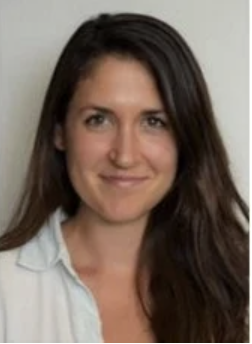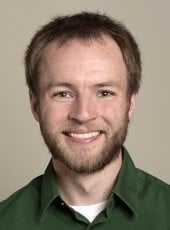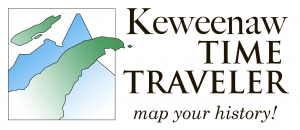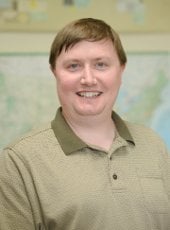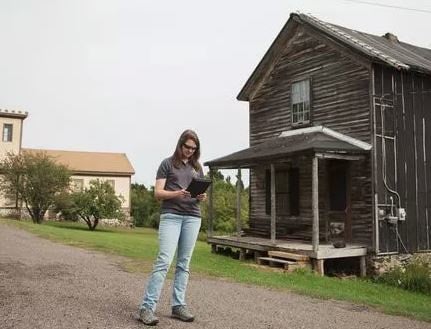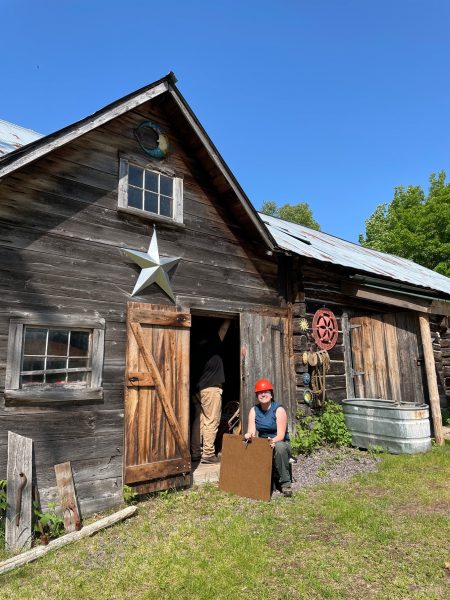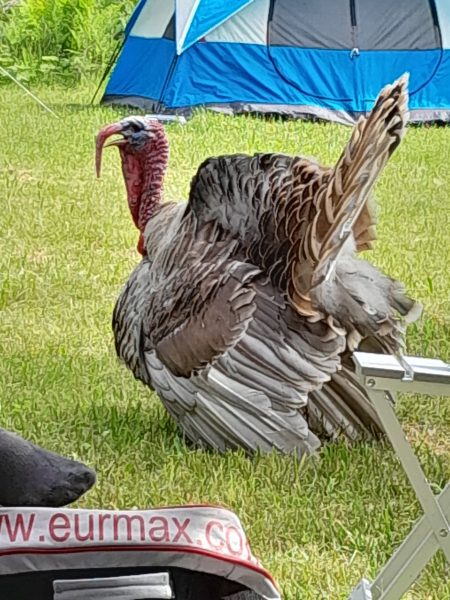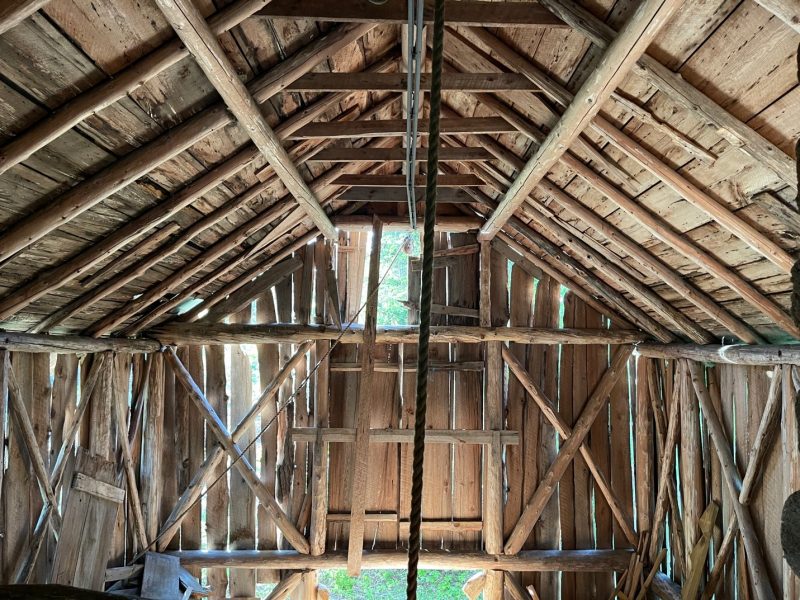College of Sciences and Arts (CSA) Dean Ravindra Pandey selected Kathryn (Kat) Hannum as the featured instructor this week for the Deans’ Teaching Showcase. Nominated by Department of Social Sciences Chair Don Lafreniere, Hannum will be recognized at an end-of-term event with other showcase members and is a candidate for the CTL Instructional Award Series.
An assistant teaching professor of geography, Hannum’s expertise is in migration and nationalism. She recently published a book titled “Nationalism” (Routledge 2023) outlining how this global ideology is one of the dominant political forces in the modern world. Nationalism shapes geographical concepts such as territory, homelands, boundaries, and frontiers.
The World is the Classroom for Dean’s Teaching Showcase Winner
An exceptional scholar in the classroom, Hannum’s conception of “classroom” is very different from most instructors at Michigan Tech. As a geographer, she uses the world as her classroom. Hannum leads numerous study-abroad programs in Mexico and Costa Rica. She supports other programs in Wales and a domestic program where students travel across the United States on Amtrak.
In each of these programs, Hannum engages students to think critically about culture and their roles as global citizens in an increasingly interconnected world. She teaches about the impacts of tourism development and tourism-driven migration on regions, as well as how to promote sustainable tourism while understanding the role such development has on national, regional and Indigenous identities. In the rainforests of Costa Rica and the small Mayan villages of Mexico, she introduces students firsthand to the ways human actions impact the human and natural worlds, highlighting the interconnectivity and complexity of our globalized world.
Hannum believes strongly that when students travel, they can engage with the impact that humans have on the world in a deeply personal way. She employs journaling during her study away programs. Students write daily reflections on the lessons learned. They reflect on how their decisions impact the people and environments experienced on the trip.
She also uses social labs, in which students in the class give back to the communities they are visiting. In Mexico, these labs have included projects that support increasing beachfront access for locals in areas of increased exclusion due to tourism developments. Students examine ways to protect village life and culture, too.
Hannum’s Community and Global Focus Praised
Lafreniere praised the impact of Hannum’s teaching and scholarship. “Dr. Hannum’s focus is on supporting communities,” he said. “As a scholar-teacher, she challenges students not to just be consumers of knowledge, but to take their unique skills and passions to make the communities they visit more sustainable, vibrant places.”
Maria Bergstrom, associate dean for undergraduate education in the CSA, noted the importance of Hannum’s curricular innovations. “Michigan Tech students of all majors have benefited from participating in Dr. Hannum’s global classrooms — gaining a broader perspective and a better understanding of how communities are impacted as new practices and technologies are introduced,” she said. “The study abroad and study away programs developed by Dr. Hannum and others at Michigan Tech have also served as an inspiration for aspects of the new Essential Education program, particularly the Essential Education Experience, which seeks to provide similar community engagement opportunities for all undergraduates. We are grateful for her leadership in developing this type of experiential education at Michigan Tech.”
About the Social Sciences Department at Michigan Tech
Michigan Tech’s Department of Social Sciences offers bachelor of science degrees in Anthropology, Policy and Community Development, Sustainability Science and Society, and Social Science, along with a bachelor of arts degree in History. Our graduate program includes masters and doctoral degrees in Environmental and Energy Policy and Industrial Heritage and Architecture (the only one of its kind in the world), and a master’s in Sustainable Communities. Plus, you can get a graduate certificate in Public Policy in by taking three courses in just one term.
Questions? Contact us at socialsciences@mtu.edu. Follow us on Facebook, Instagram and Twitter for the latest happenings.
